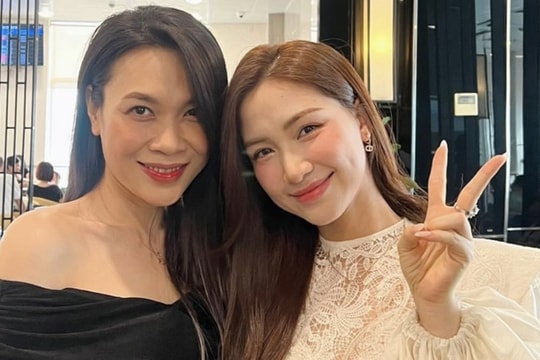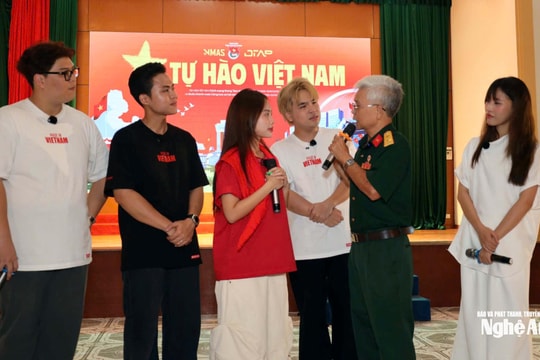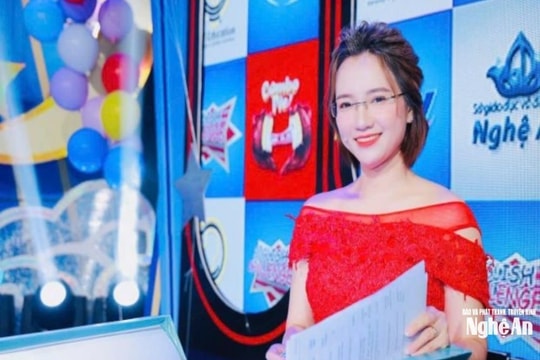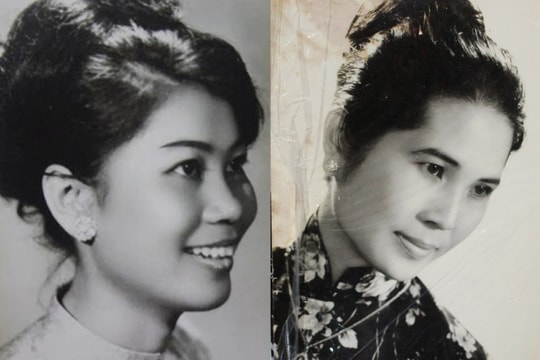Little-known stories about the four legendary voices of Voice of Vietnam
Behind the voices that move millions of listeners are little-known career stories of Meritorious Artists Ha Phuong, Kim Cuc, Hoang Yen and Viet Hung.
Decades have passed, but the legendary voices of Voice of Vietnam (VOV) such as Meritorious Artist Ha Phuong, Meritorious Artist Kim Cuc, Meritorious Artist Hoang Yen, Meritorious Artist Viet Hung… are still deeply engraved in the memories of millions of listeners across the country.
On the occasion of the 80th anniversary of the establishment of Voice of Vietnam (September 7, 1945 - September 7, 2025), VTC News reporters talked with announcer Minh Phuong, former Head of VOV Announcer Department, to listen to special stories about legendary voices.
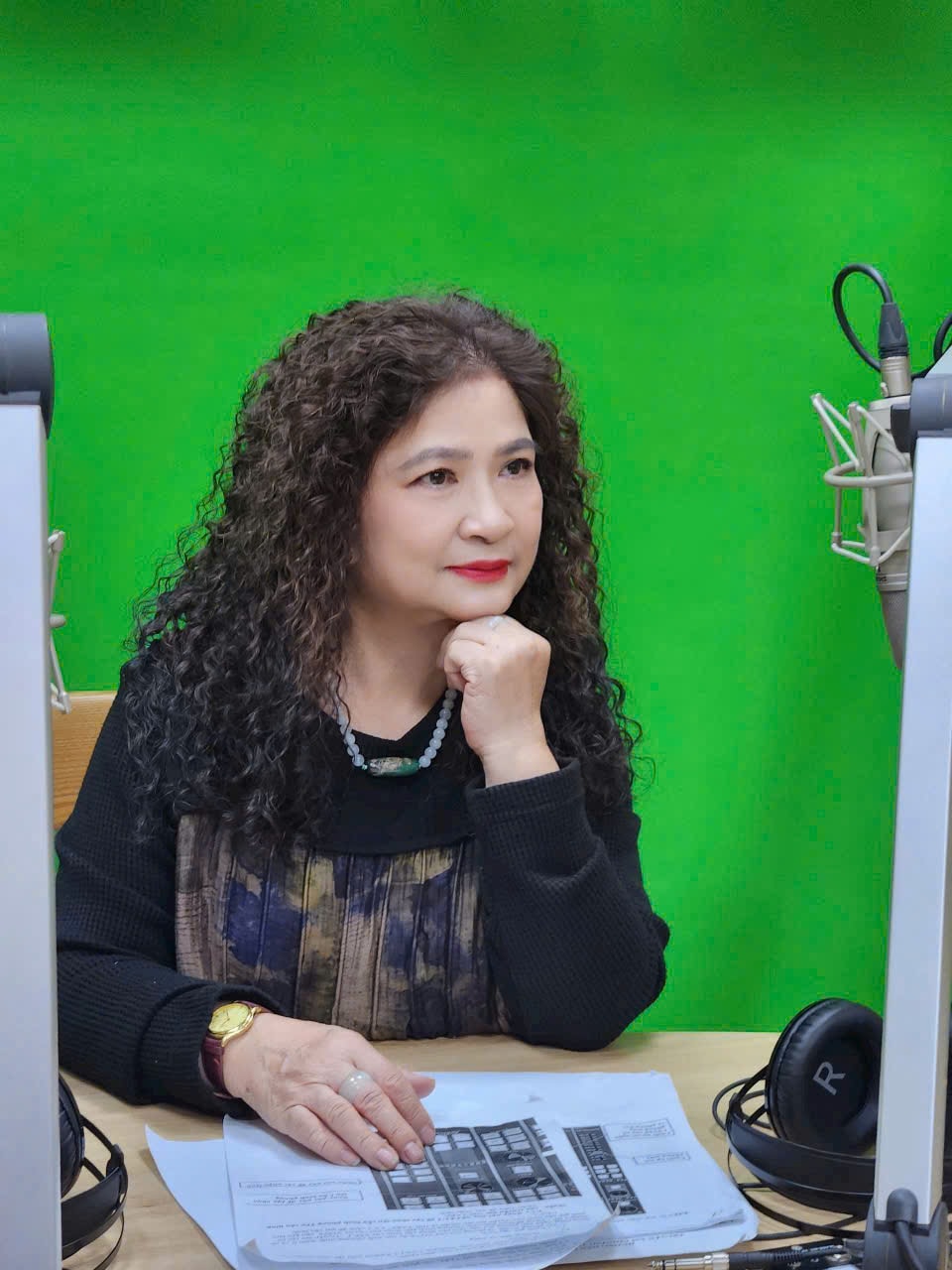
- During your long journey with VOV, you have come into contact with many legendary voices. Which voice has left the most impression on you?
Since childhood, I have been fascinated by radio waves with familiar voices resounding from the radio. That passion led me to the profession, and when I was recruited to be an announcer at the Voice of Vietnam, I was fortunate to learn directly from the four iconic voices at that time: Meritorious Artist Ha Phuong, Meritorious Artist Kim Cuc, Meritorious Artist Hoang Yen and Meritorious Artist Viet Hung.
They are not only veteran names, the pride of VOV, but also monuments of Vietnamese radio. To have a voice that touches the hearts of millions of listeners, besides their natural talent, they have undergone a rigorous and persistent training process. Thanks to that, every time they speak, the familiar sound resonates deeply in the memories of many generations of listeners.
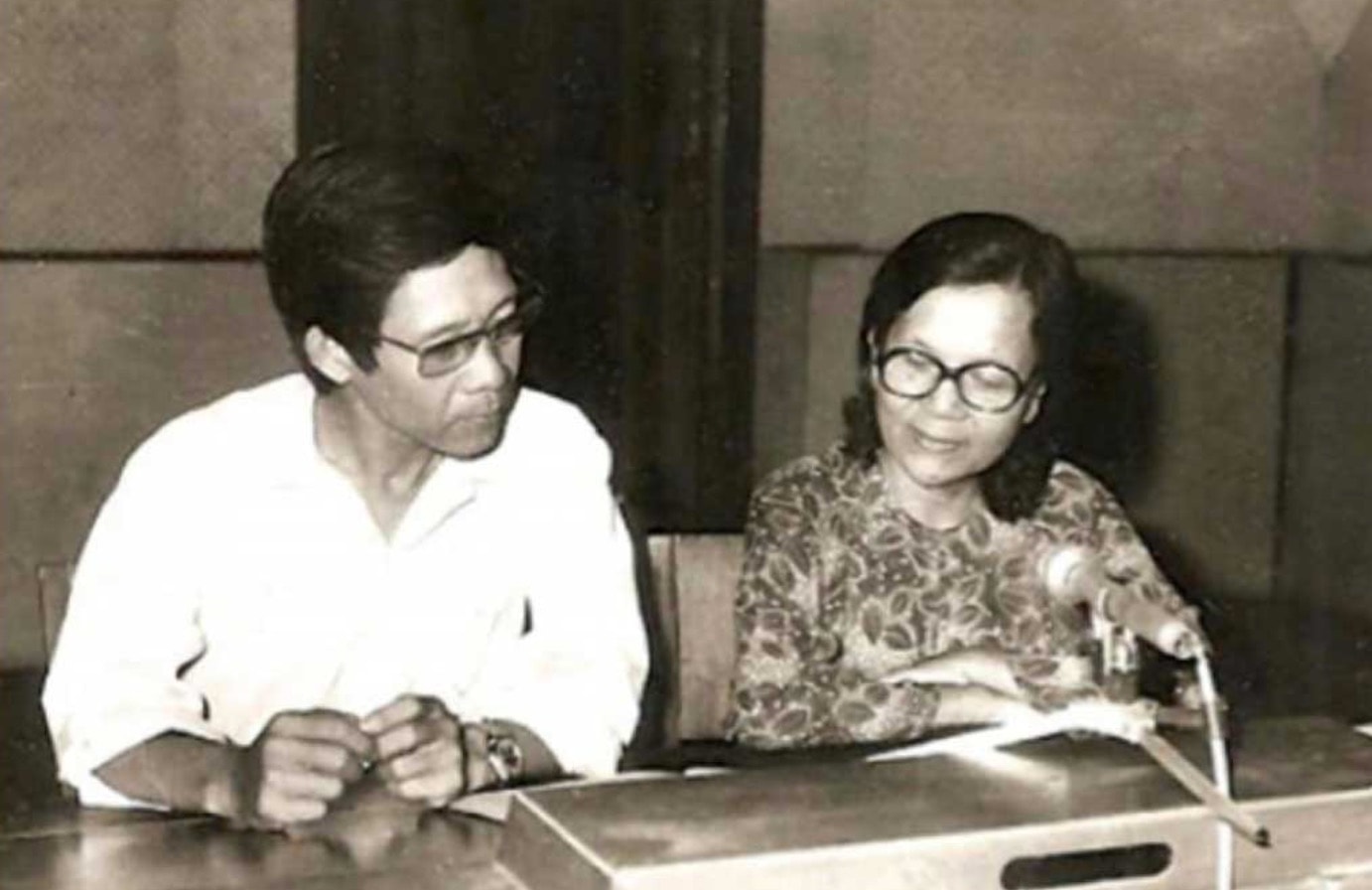
All four talented artists are very versatile voices, but each has their own strengths.
Meritorious Artist Ha Phuong, Meritorious Artist Kim Cuc, Meritorious Artist Hoang Yen, Meritorious Artist Viet Hung are not only veteran names, the pride of VOV, but also monuments of Vietnamese radio.
Announcer Minh Phuong
Meritorious Artist Ha Phuong is a journalist, he is both a good writer and a good reader, so the way he presents his works is very down-to-earth, easy to listen to, easy to understand, easy to feel. The way he speaks and emphasizes the key points makes the writing concise, emotional and full of inner strength.
Meritorious Artist Viet Hung was a construction engineer before coming to radio. He has a warm, gentle voice, and is especially successful in the arts with profound works about war, mothers, and Vietnamese women. Once, because he was so emotional, he had to stop recording to wipe away tears.
In the news section, he tends to reflect life, bringing listeners realistic and close pictures.
Meritorious Artist Kim Cuc is a dancer, so her soul is very romantic and soaring. When reading literature, she breathes life into each word, making the work sparkling and poetic. Her voice exudes artistry, arousing rich imagination in the listener. And when reading the news, her pure and innocent quality still makes the news lively and close.
Meritorious Artist Hoang Yen possesses the gentle, gentle beauty of a Vietnamese woman. She speaks little, but every word is firm and profound. She stands out for her ability to transform into the arts with a flexible, natural voice like a drama actress. In the political field, she demonstrates her versatility in conveying the profound meanings that the author sends.
Each artist has their own style, but what they have in common is a flair for text, a mastery of language, and the ability to convey emotion through voice.
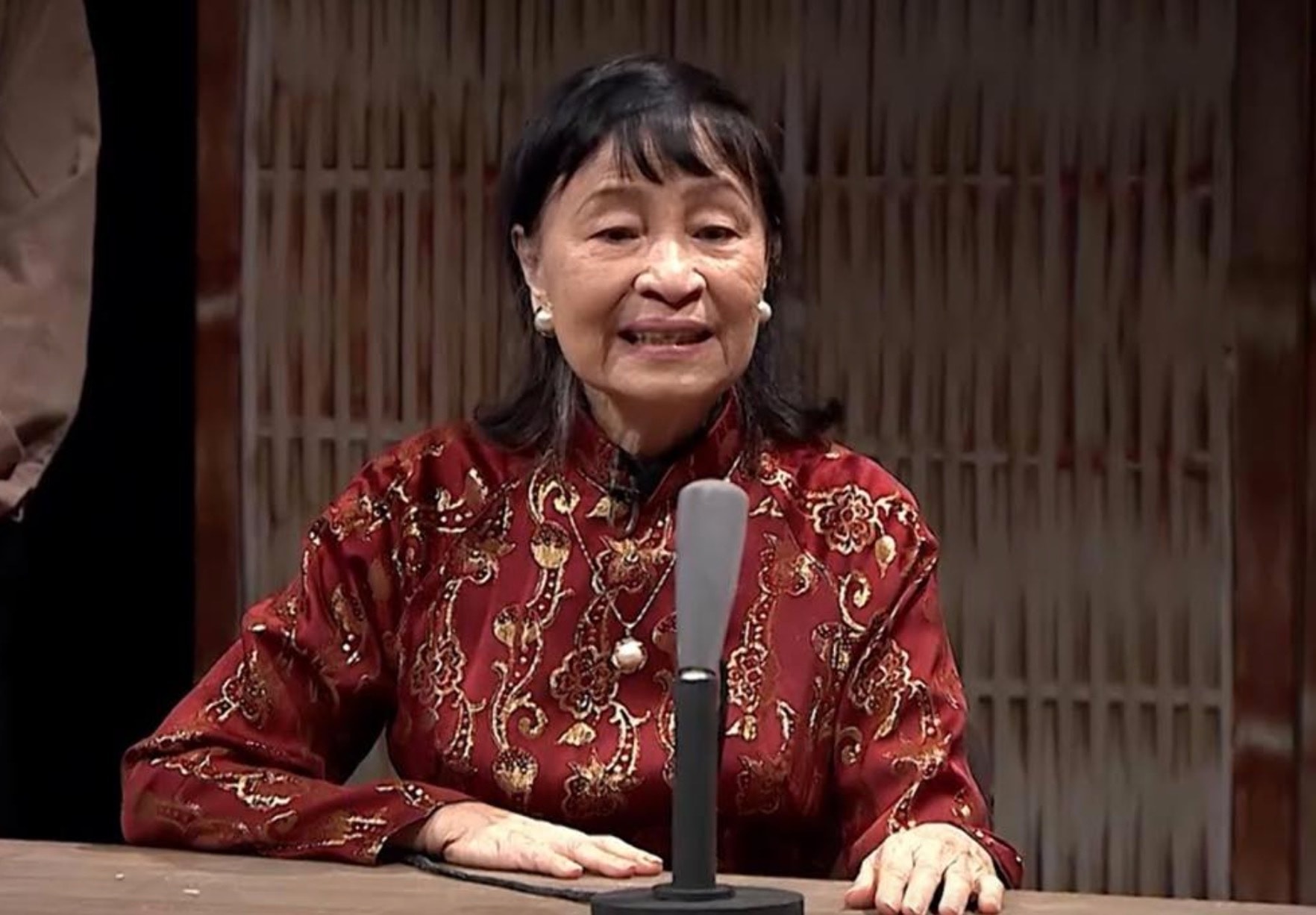
-Can you share the most memorable memories you have had with VOV's legendary voices, from the moments you heard them on air to the times you met them in person?
When I was selected to be a radio announcer at Voice of Vietnam, I was fortunate to be directly mentored by 4 Meritorious Artists from my infancy.
Meritorious Artist Ha Phuong was the one who read with me. He guided me through every greeting, every invitation, and even trained me to read each sentence and each word. I remember one time he trained me to read the four words “It’s 6 o’clock now” firmly and in the right rhythm. The first time I went on air, even though I had written it down on paper, I was so nervous that I misread it as “9 o’clock.” At that time, my back was burning hot and I was sweating profusely.
It was only after many years of working that I realized why teachers were so meticulous. Just a moment of distraction could cause the words on the air to be wrong. That experience of making mistakes became a lesson for life.
Meritorious Artist Hoang Yen taught me how to emphasize in art. At first, I found it difficult and could only imitate her. She always encouraged me:“Be free and comfortable with your emotions.”. Thanks to that, I understand that broadcasting is a profession that relies entirely on emotions. No one is the same, and only when you sublimate yourself, can your voice truly reach the listener.
Meritorious Artist Kim Cuc often guides me through poems. Listening to her lyrical and poetic commentary, I also try to follow, but cannot imitate. I understand that each person must find their own way of expression, develop their own language and emotions to create their own style.
Meritorious Artist Viet Hung is simple and sincere. He trained me from small details: how to punctuate, how to edit text, how to turn writing into spoken language. He always reminded me to keep the flow of emotions so that the reading is lively and meaningful.
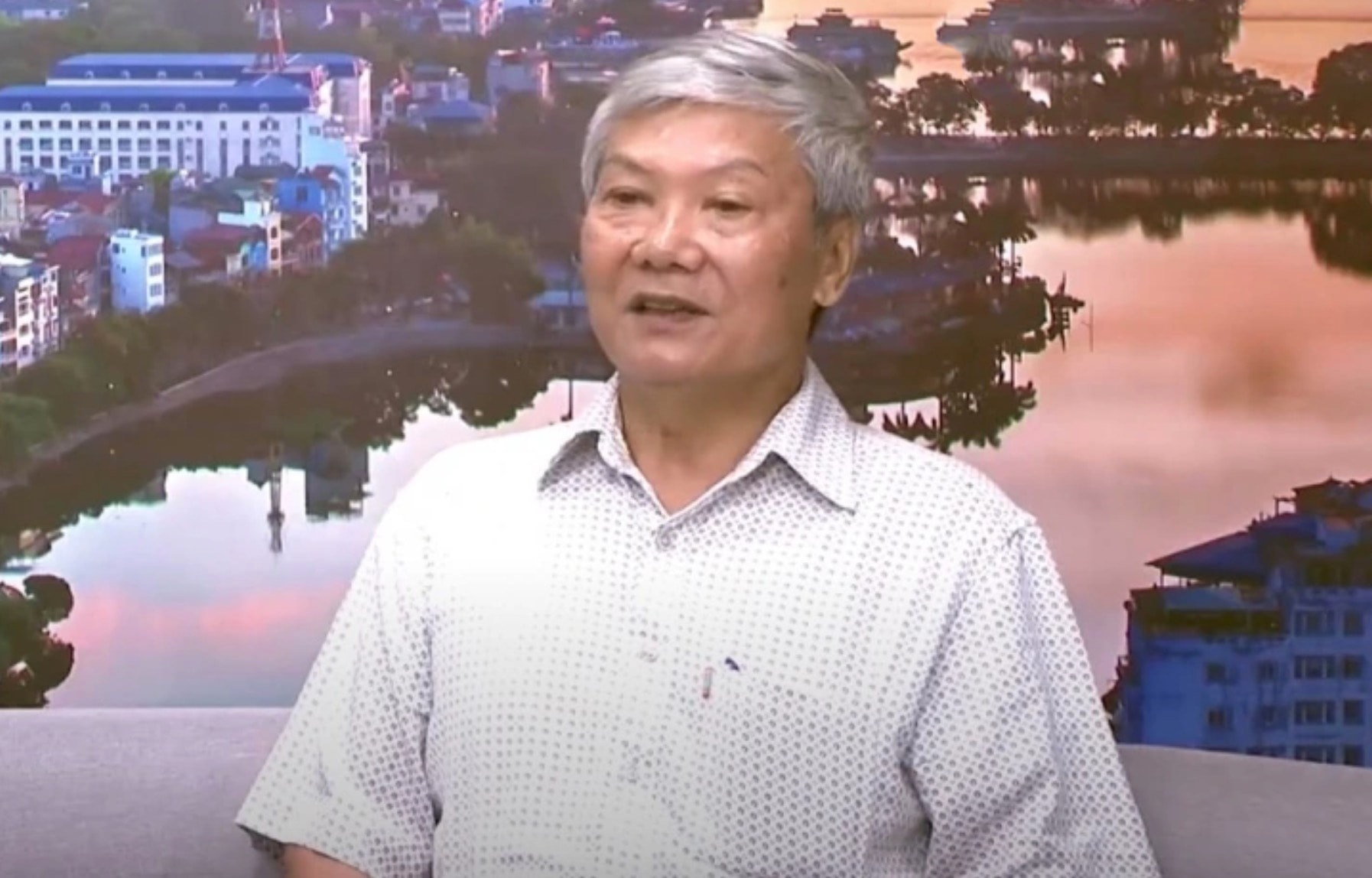
- During the war years, the voice of VOV announcer was considered a weapon on the spiritual front?
Each announcer, in each historical period, has his own spirit and character. The broadcasting character remains intact, but the voice in each period has a different nuance, reflecting the mentality of the whole nation.
During the war, the voice of the narrator was a strong, heroic "weapon", urging soldiers to go to battle, like Kien Cuong, Viet Khoa with news like marching orders, or Hoang Yen, Kim Cuc, Ha Phuong resounding proudly in the news of victory. When peace was restored, those voices still kept their heroic spirit, but became gentle, sweet, like a close friend of the listener.
- TheOh, how has the radio voice changed today compared to the previous period?
In the context of the strong development of media agencies, radio has changed a lot compared to before. If in the past, on the air only the announcer read the work, now radio has a more modern appearance. The announcer is no longer a mere "reader" but has become a companion.
On the air, besides the announcer’s voice, there are also the voices of editors, reporters, listeners, etc. participating, especially in talk shows or bridge programs. That requires the announcer’s way of expression to also change and be more flexible to keep up with the development of the 4.0 technology era.
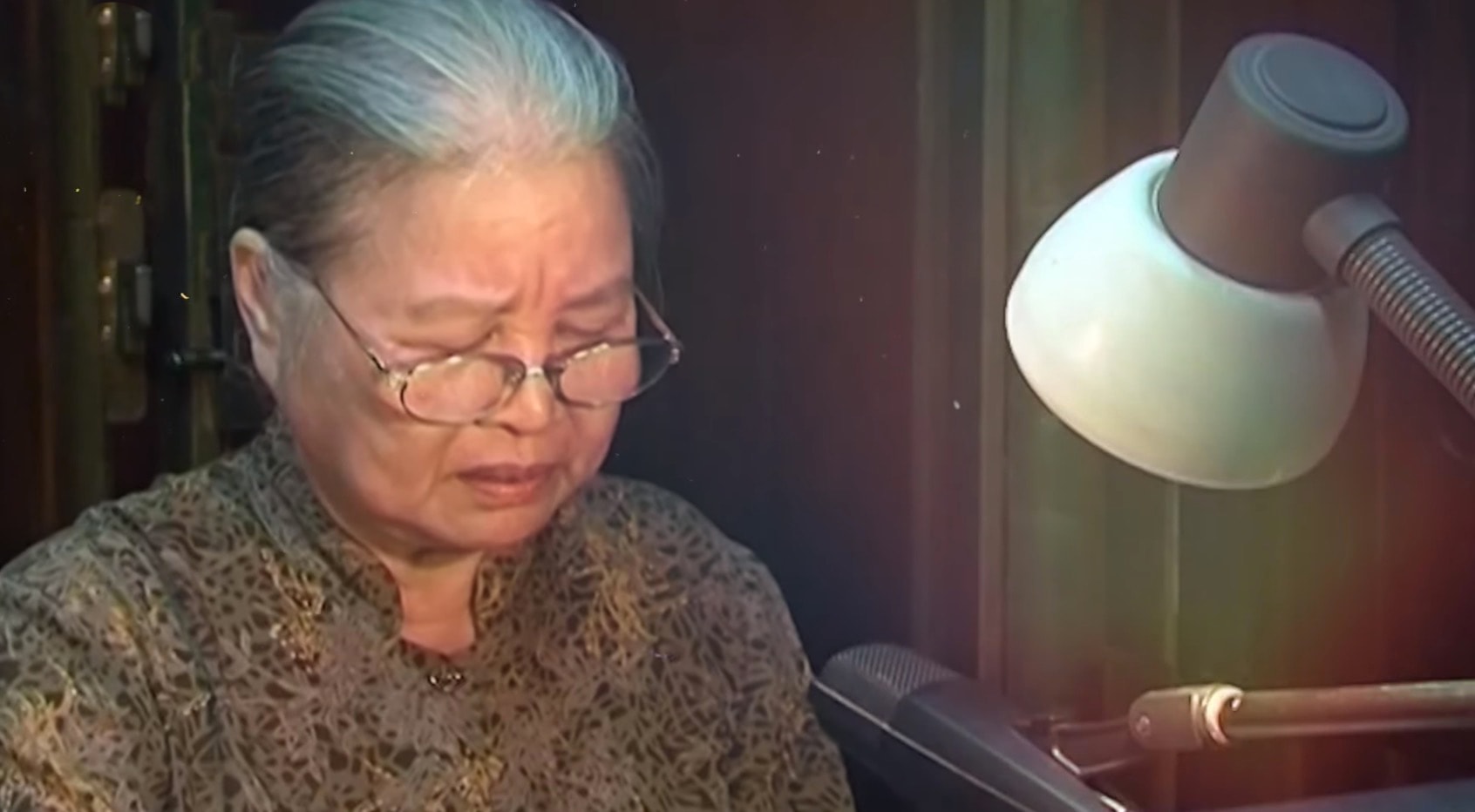
- In the age of technological development, many people are concerned that the appearance of AI voices will replace radio voices. What do you think?
The 4.0 technology era brings many advantages to people and AI voice is also present in many fields. However, I believe that no matter how much technology develops, there are still fields that AI cannot replace.
After all, AI is still just a product of technology. The human voice comes from the heart, has its own tone, personal mark, especially the emotion that machines can hardly reach. AI can process text quickly, can simulate intonation, but the way to perceive the work, convey emotions... only humans can do. And in areas that require empathy, vibrations to the depths of the soul, AI will not be able to enter.
Thank you!

